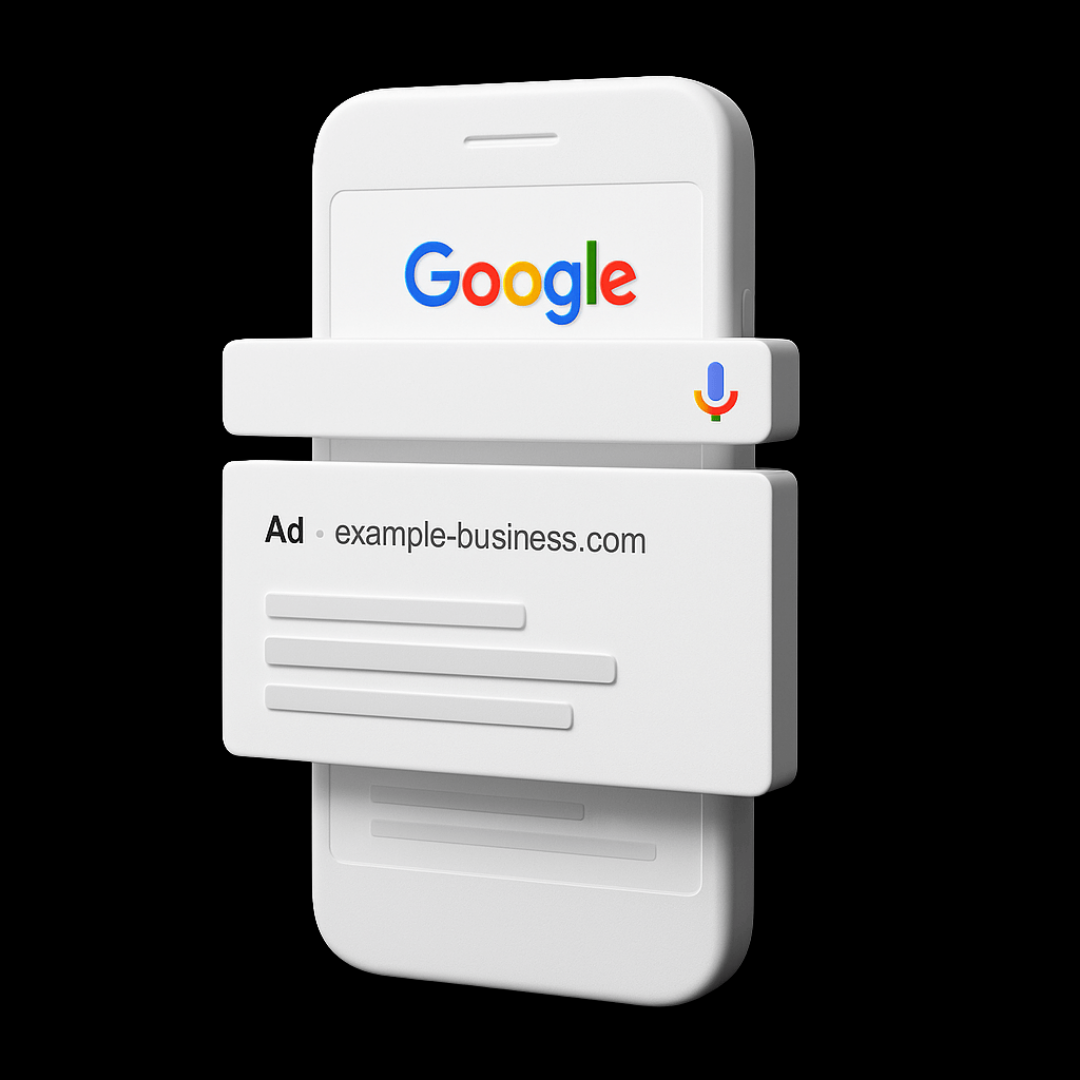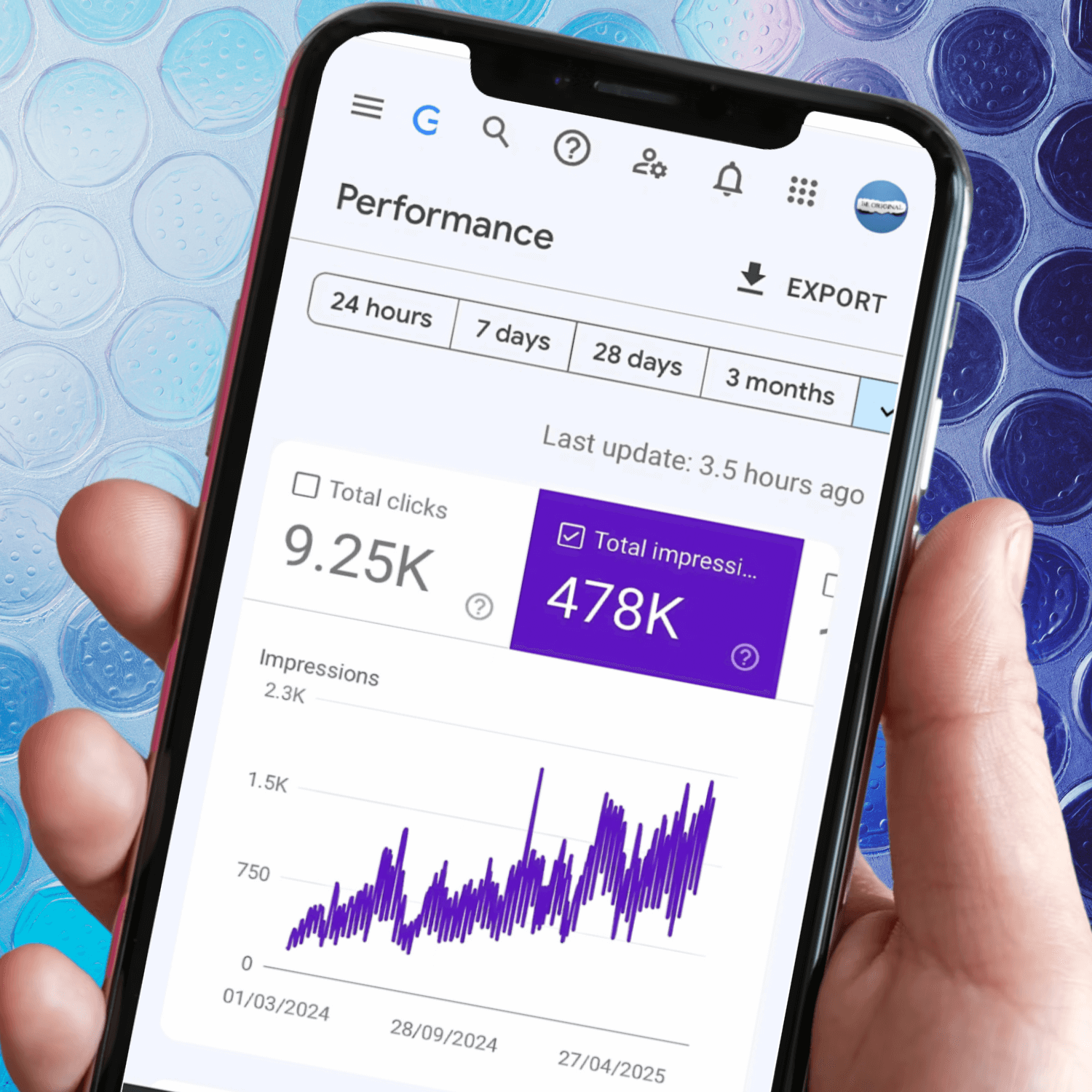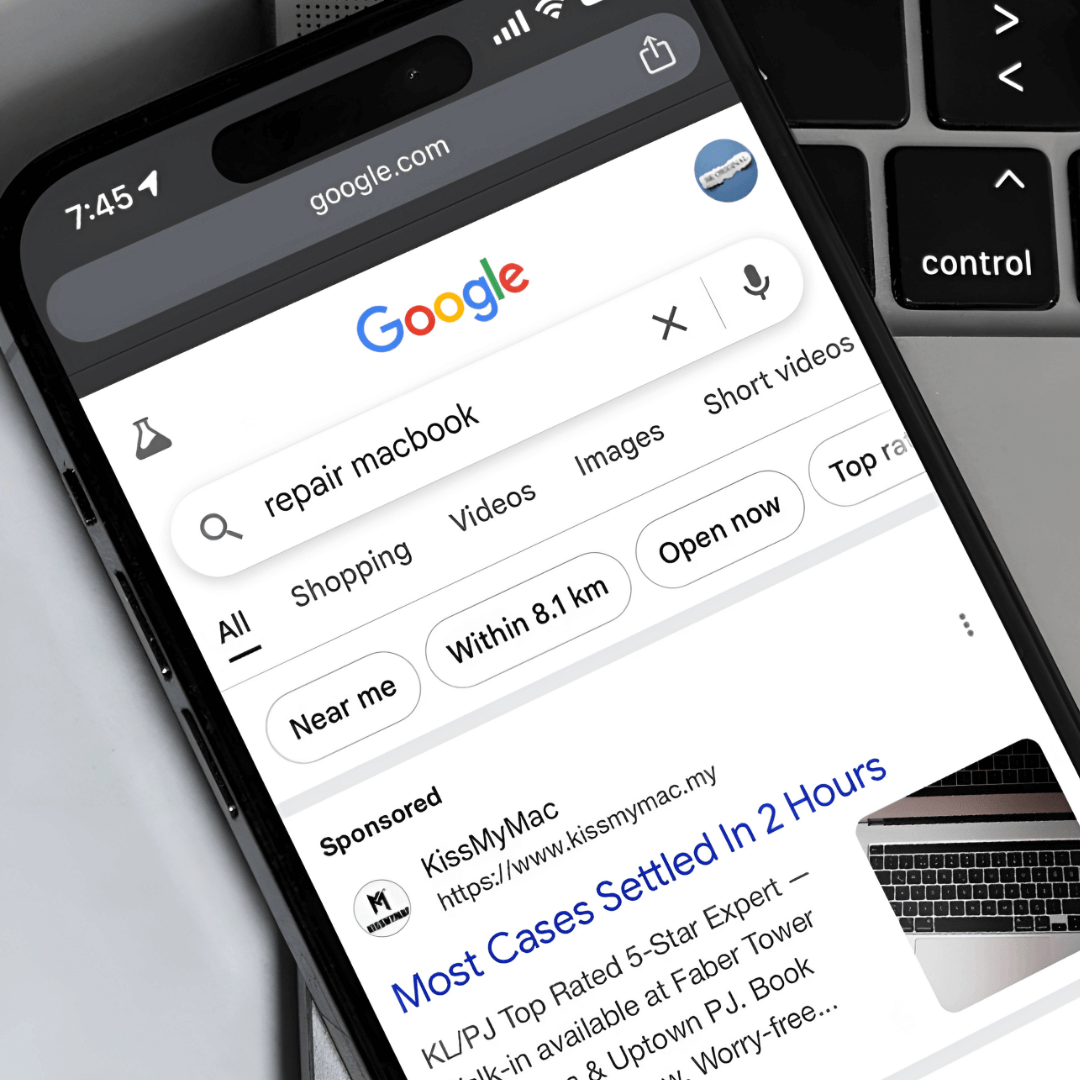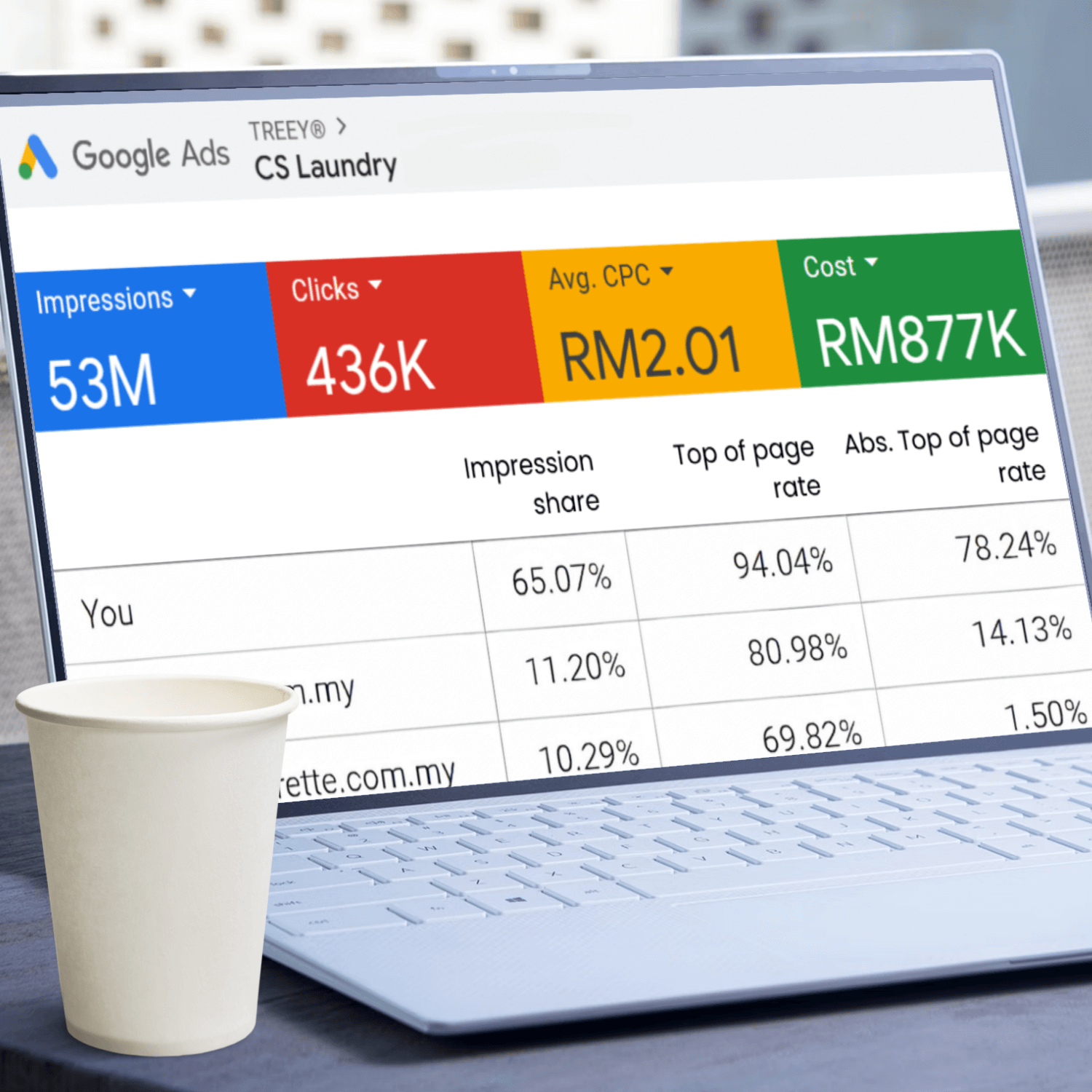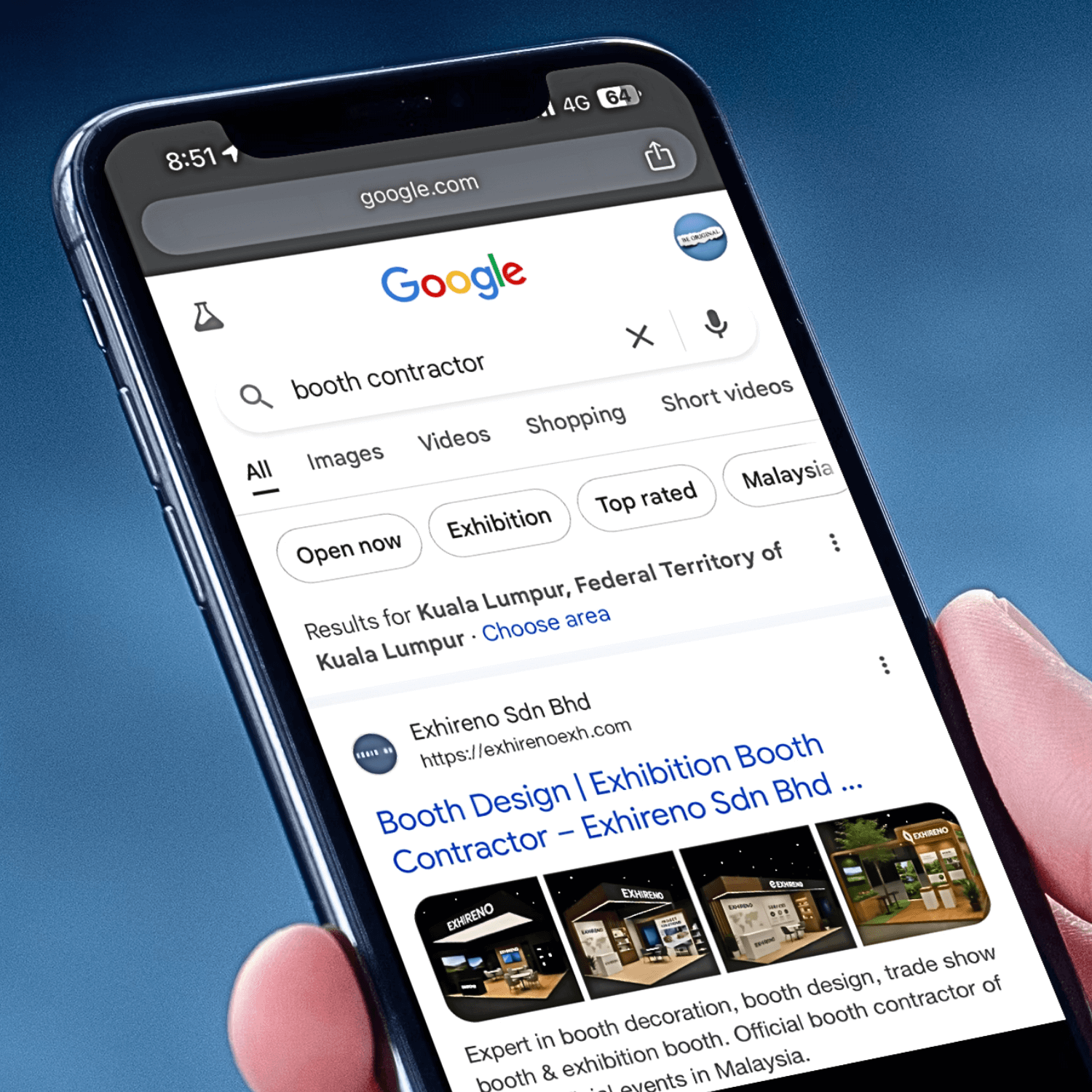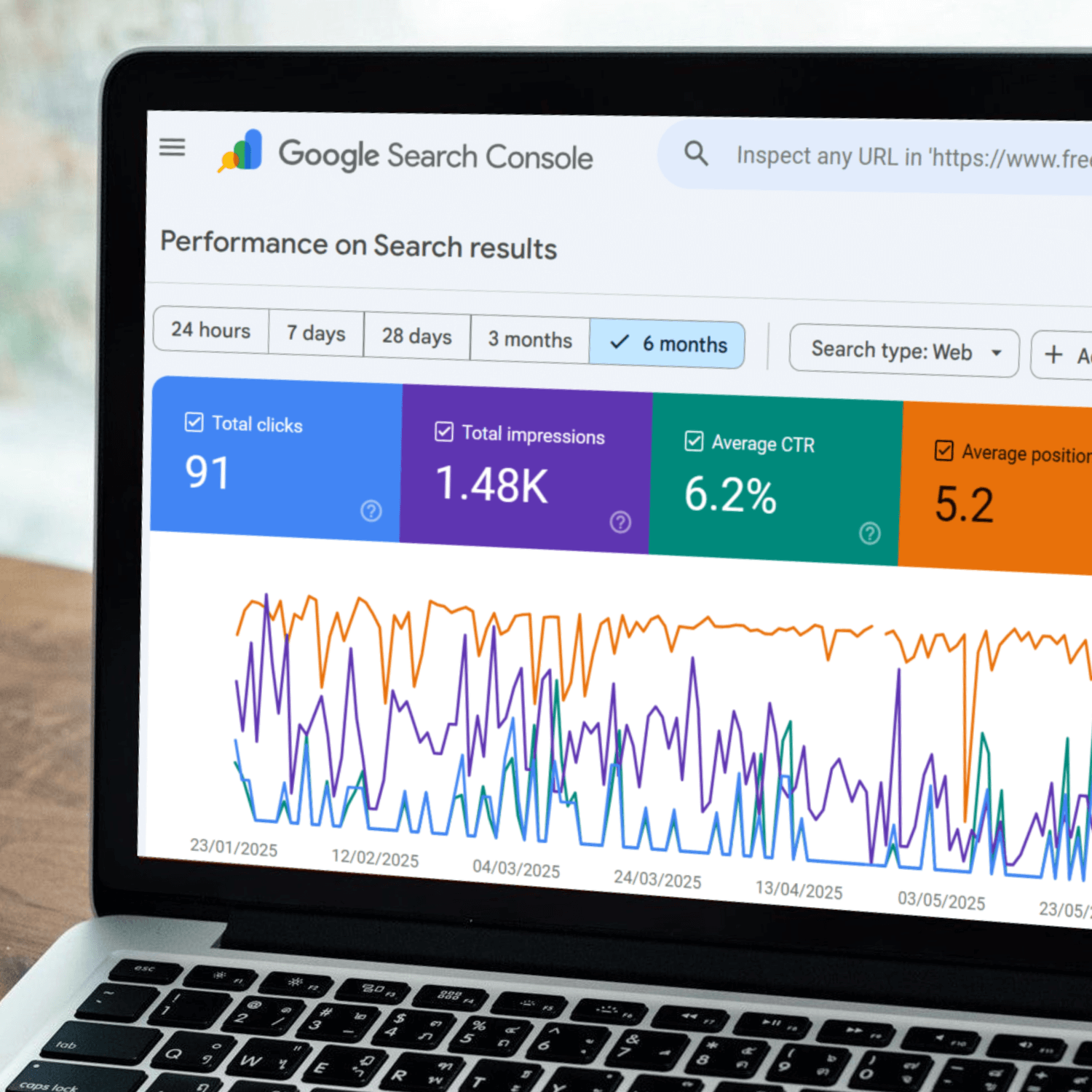Rethinking Management Fees on Ads Spend: TREEY®'s Way

What is a Management Fee on Ads Spend?
A management fee on ads spend is an additional charge that digital marketing agencies apply to your advertising budget. This fee is designed to cover the costs associated with managing and optimizing your ad campaigns. Here's a closer look at what it entails:
Why Agencies Charge a Management Fee?
- Operational Costs: Running ad campaigns requires various resources, including software, tools, and platforms. The management fee helps cover these operational expenses.
- Expertise Compensation: Skilled professionals spend time strategizing, creating, monitoring, and adjusting your ad campaigns to ensure they perform well. The fee compensates for their expertise and efforts.
How Management Fee on Ads Spend Works?
- Percentage of Ad Spend: Typically, the management fee is calculated as a percentage of your total ad spend. For example, if your monthly ad budget is RM3,000 and the agency charges a 20% management fee, you would pay an additional RM600 (RM3,000 x 20%) each month.
- Fixed Monthly Fee: In addition to the percentage-based fee, many agencies also charge a fixed monthly service fee, which could range from RM1,000 or more. This fixed fee covers basic services and support.

Conflict of Interest
When most agencies charge a management fee based on ad spend, there are several ways some agencies might exploit this to increase their earnings without necessarily benefiting the client. Here are some common tactics:
10 Ways Agencies Can Quietly Boost Profits from Management Fees on Ads Spend Without Clients Realizing
- Using Low-Quality Keywords: Targeting low-quality or irrelevant keywords that get clicks but don't convert well. For example, an agency might bid on a broad term like "waterproofing" for a waterproofing membrane contractor instead of more targeted keywords like "roof waterproofing," leading to higher spend but fewer conversions.
- Bidding on Branded Keywords: Including a client's brand name in Google Ads can generate easy clicks. For instance, bidding on "Wownana" when users search for the bakehouse means users who would likely have clicked on organic results to shop online are now clicking on paid ads. This unnecessary expense increases ad spend and, consequently, the agency's fee.
- Inflating Bids: Setting higher bids on keywords to quickly spend the budget. If the agency bids RM10 per click instead of RM5, the budget is exhausted faster, increasing their management fee without improving campaign performance.
- Broad Keywords: Using broad match keywords can lead to ads being shown for irrelevant search terms. For example, bidding on "shoes" might display ads for "horse shoes" or "shoe polish," wasting budget on unrelated clicks for the bridal shoes client.
- Poor Optimization Practices: Failing to regularly optimize campaigns means ads might not be adjusted based on performance data. For instance, not pausing underperforming ads, resulting in higher costs without better results.
- Over-Targeting: Setting very broad audience targets can capture a lot of irrelevant traffic. For example, targeting teenagers for a product mainly used by postpartum women increases ad spend without attracting relevant traffic.
- Ignoring Negative Keywords: Not using negative keywords to filter out irrelevant traffic. If a home insurance company doesn’t exclude “home insurance scams,” they might waste budget on people looking for scam warnings rather than actual insurance.
- Prioritizing High-Cost Channels: Pushing ad spend towards more expensive channels that may not provide the best ROI. For example, promoting on high-cost video ads instead of more cost-effective search ads.
- Neglecting A/B Testing: Avoiding the practice of A/B testing ads to find the most effective ones can result in running less effective ads for longer. For instance, not testing different headlines or images, leading to higher spend on less engaging ads.
- Generic Keyword Targeting: When advertising for an interior designer, using a generic keyword like "interior design" might not be as effective as you think. Are people searching for "interior design" looking for a professional to hire, or are they simply seeking ideas and inspiration? Typically, many are in search of the latter, which can lead to the ads consuming budget quickly while attracting browsers, not buyers. This results in spending more without securing potential clients.
And there you have it — after learning these 10 ways agencies can profit from ad spend, you've stumbled upon a get-rich-quick scheme. (You're welcome!)

Alternative Google Ads Pricing Models
There are other ways agencies charge for their services:
- Performance-Based Pricing: Fees are tied to the success of your campaign.
- Flat Fees: You pay a set amount each month, regardless of your ad spend. TREEY® charging this way since 2012.

Why TREEY® Chooses a Different Path
At TREEY®, we’ve decided to take a different route from the traditional ad management model. While many agencies focus on maximizing their profits in many ways, we’ve chosen a simpler, more transparent approach.
We operate on a flat monthly retainer for Google Ads management services, not because we think we’re nobler or better than others, but because we believe this aligns our objectives more closely with those of our clients. This model motivates us to focus solely on what truly matters—delivering effective and efficient campaigns that meet your goals. There’s no hidden agenda to increase your spend unnecessarily; our only goal is to ensure your success, which in turn, defines ours.
We know this approach might seem a bit unconventional. However, we believe in honest and straightforward partnerships. This isn’t about being saints; it’s about being partners you can trust.
This method has helped us build lasting relationships based on trust and mutual success. We’re here to grow with you, and every step we take is aimed at achieving shared goals. That's the essence of our commitment at TREEY®.
